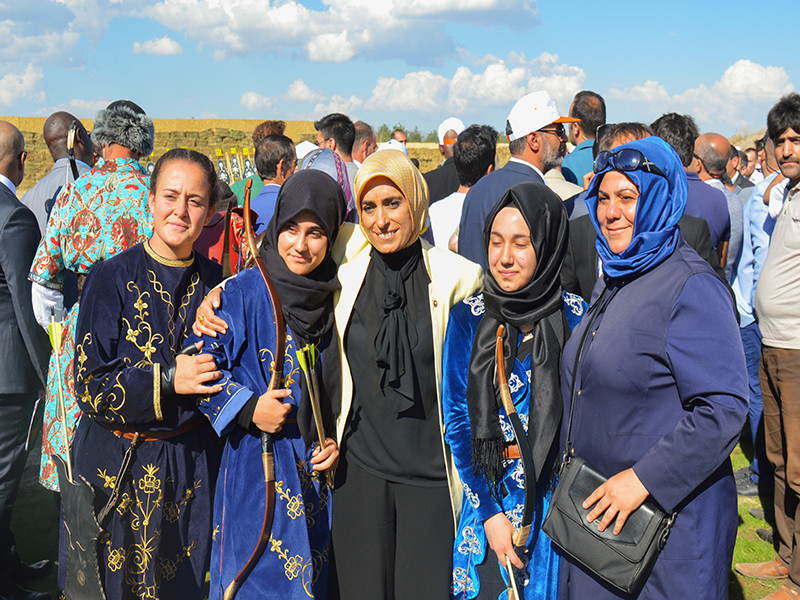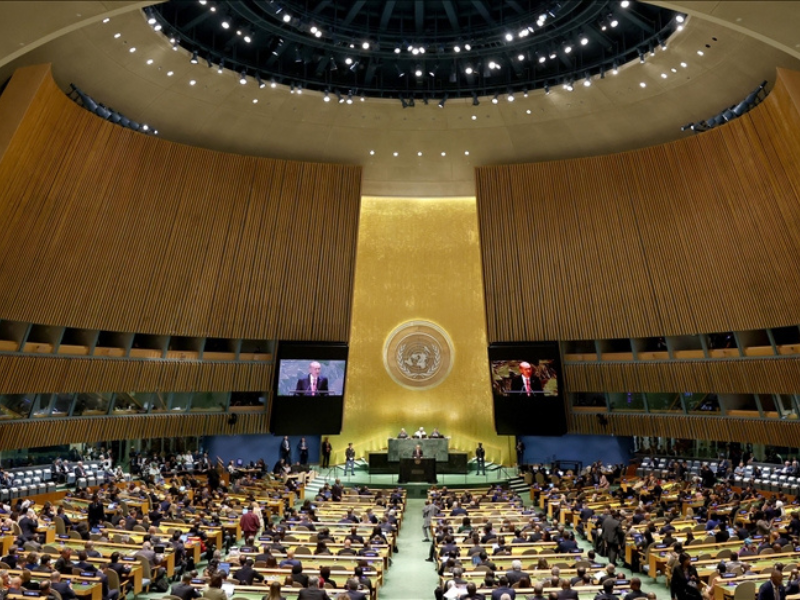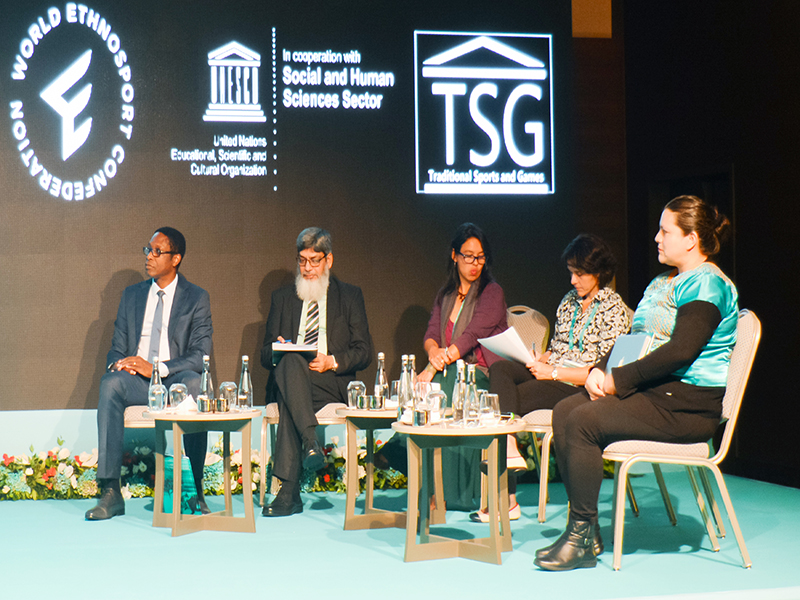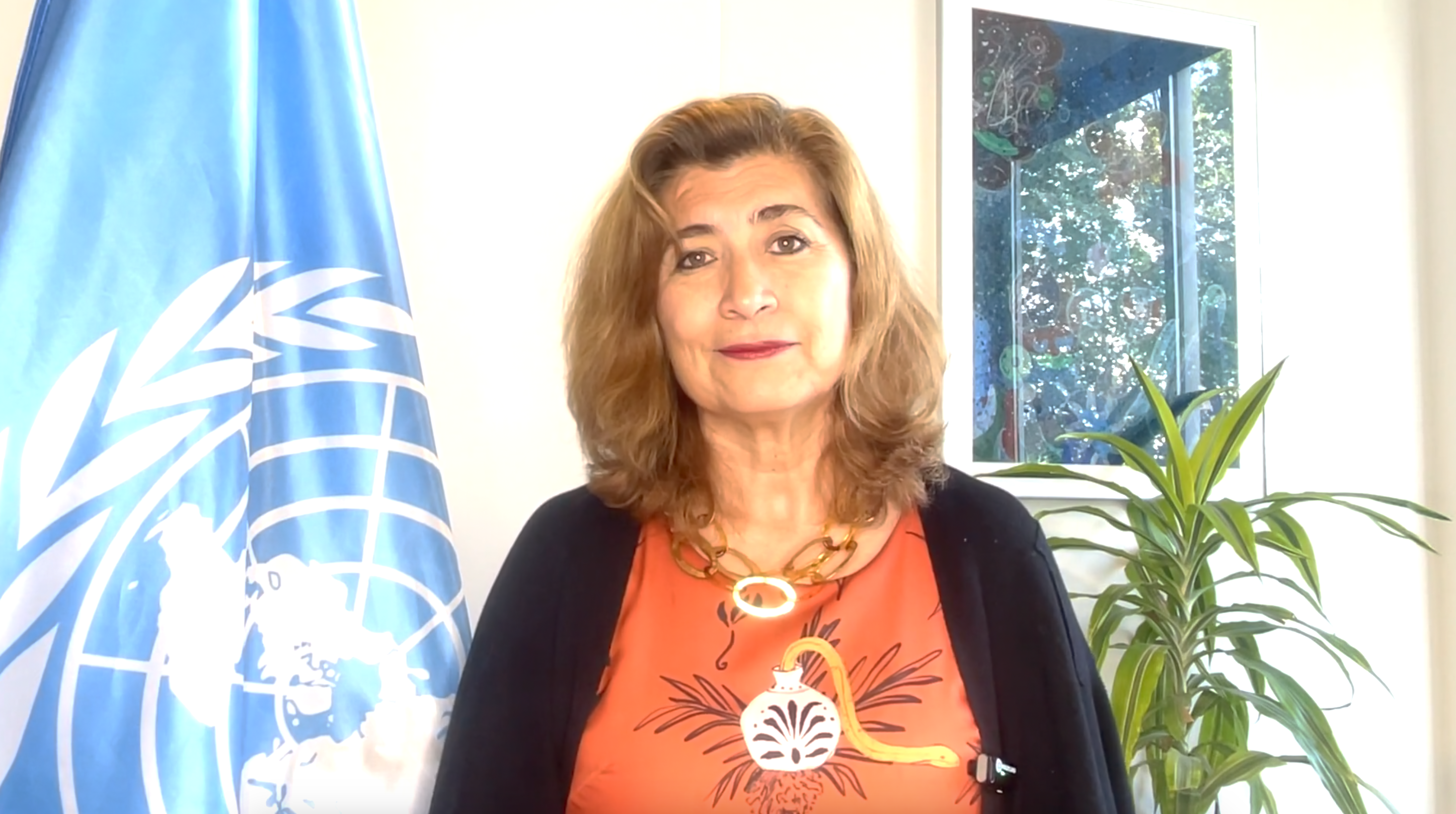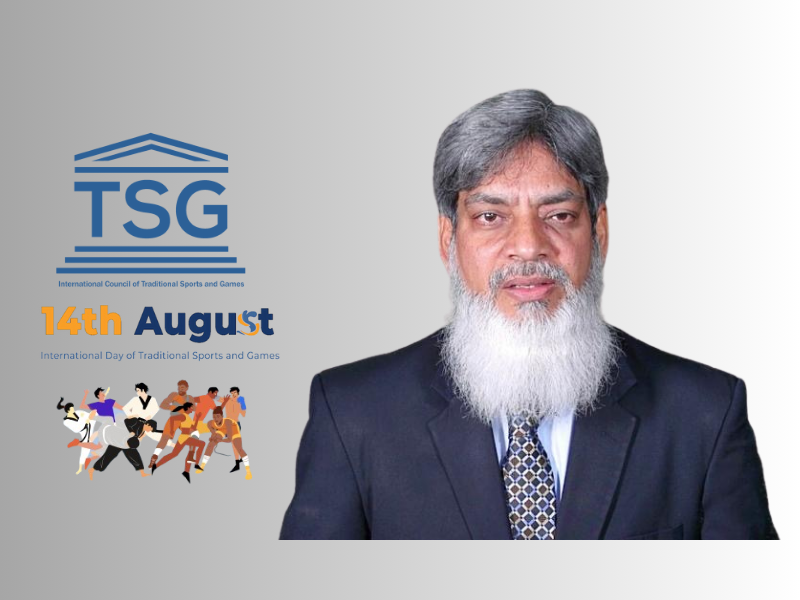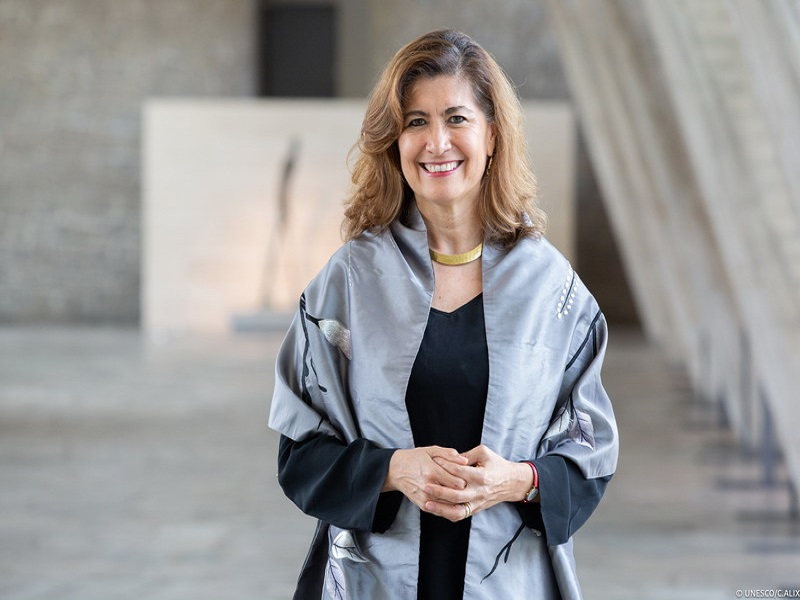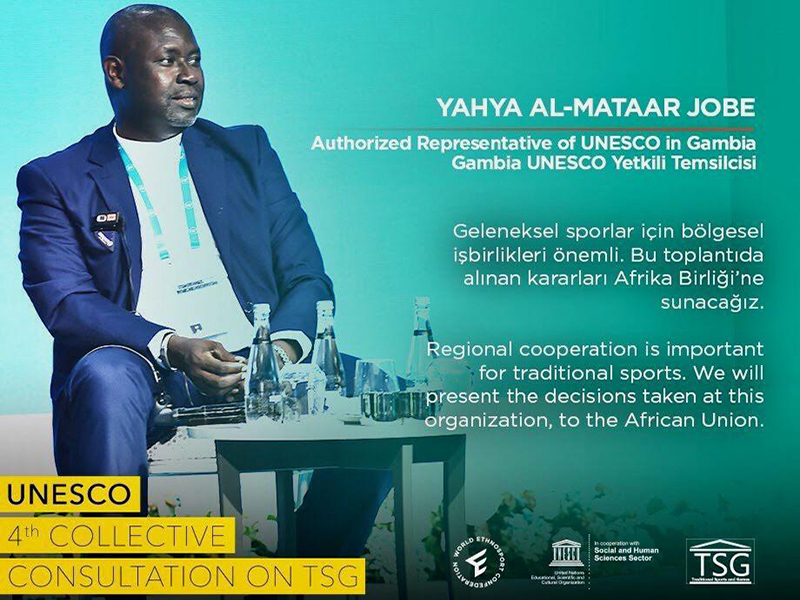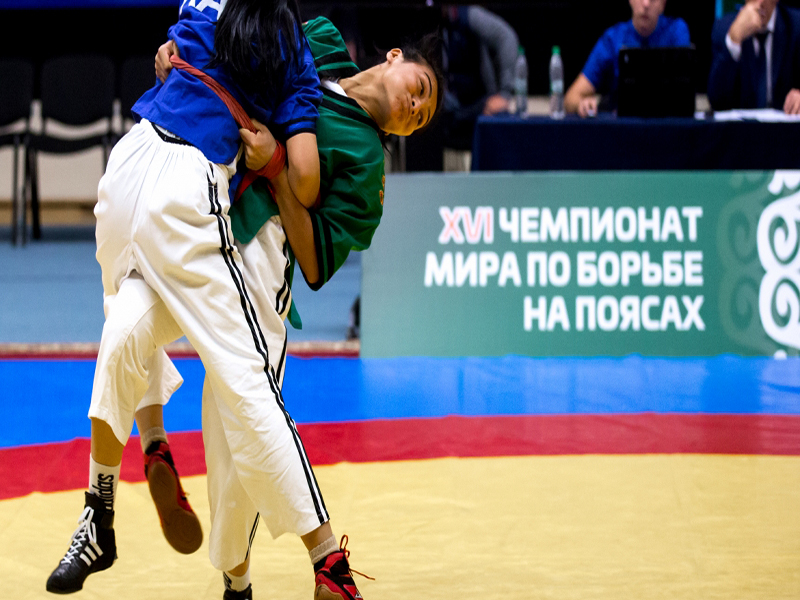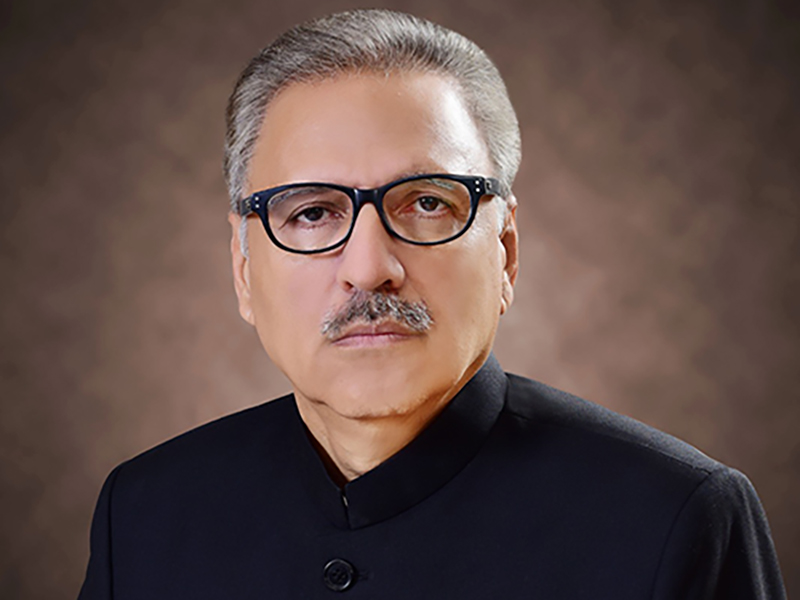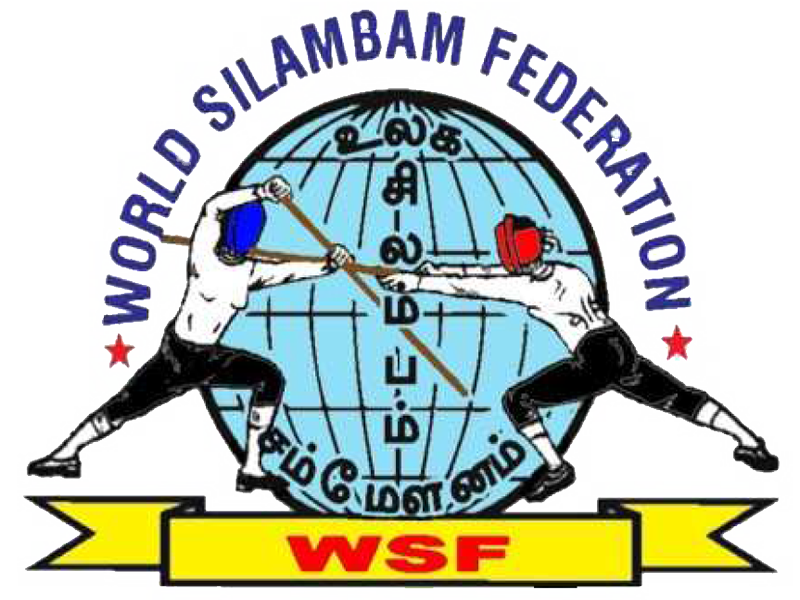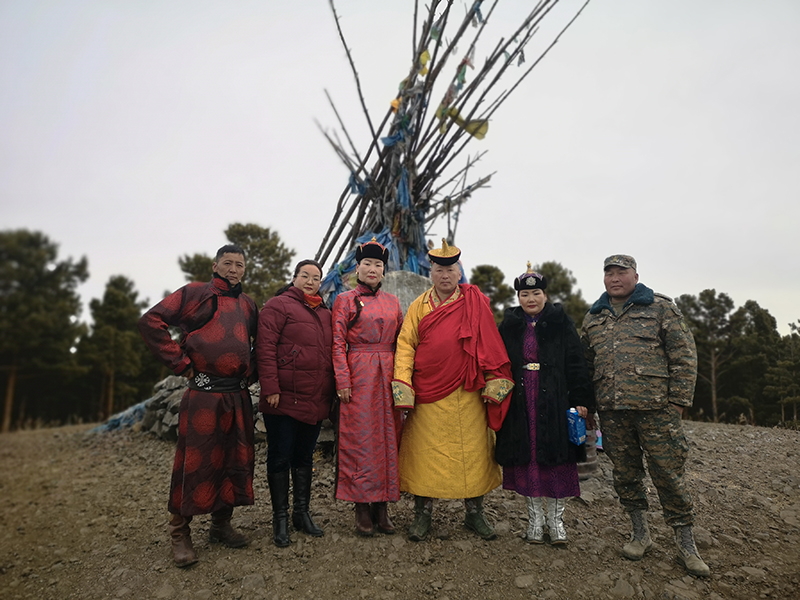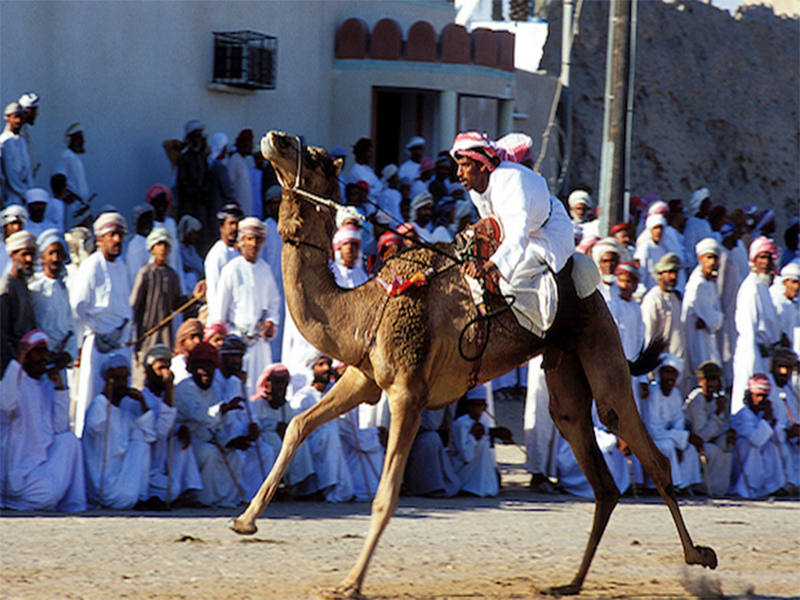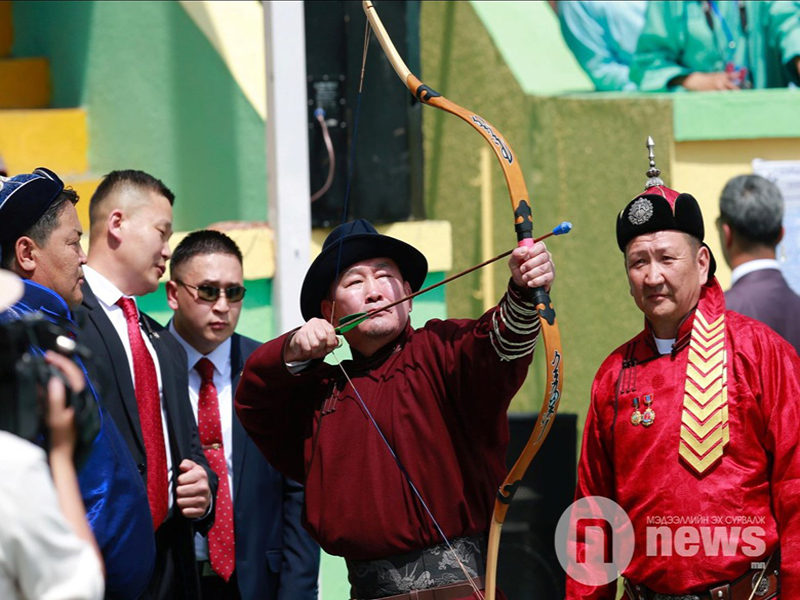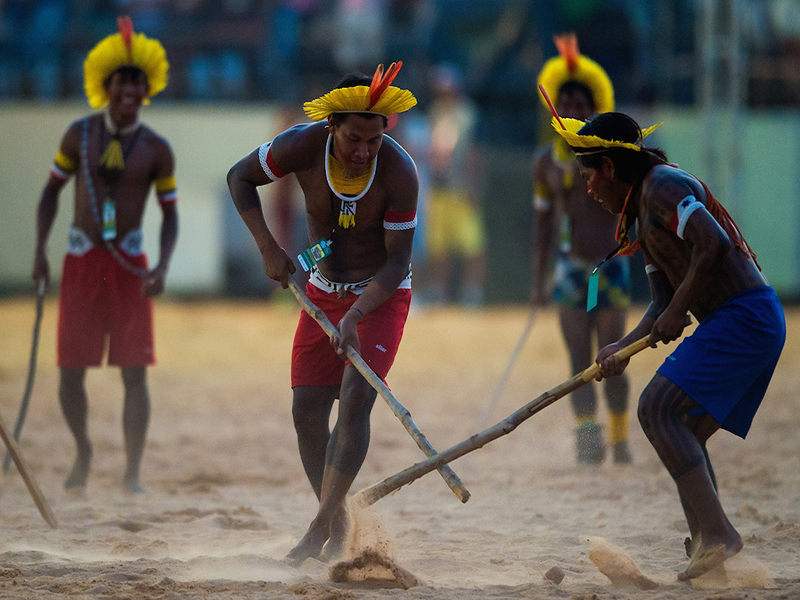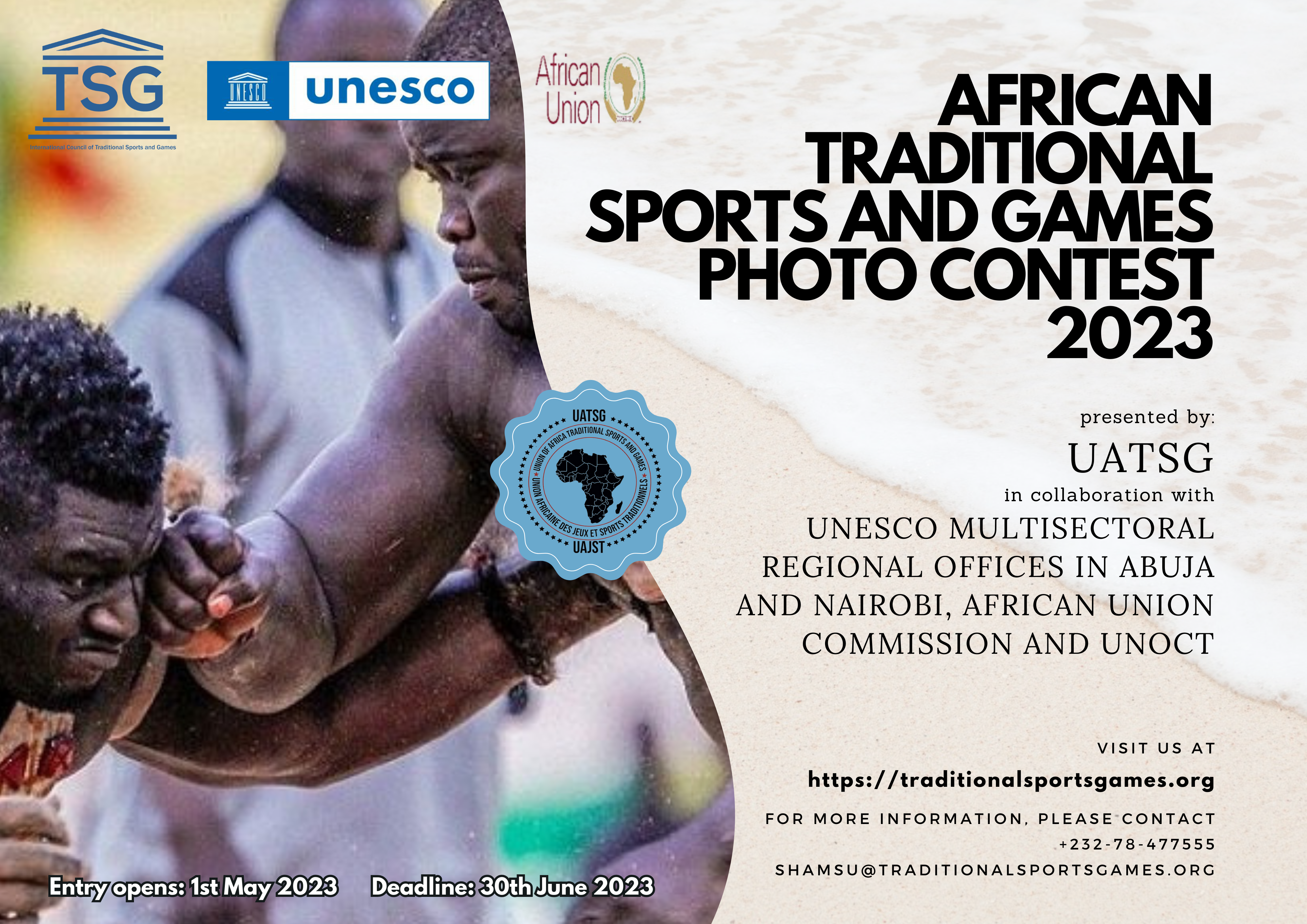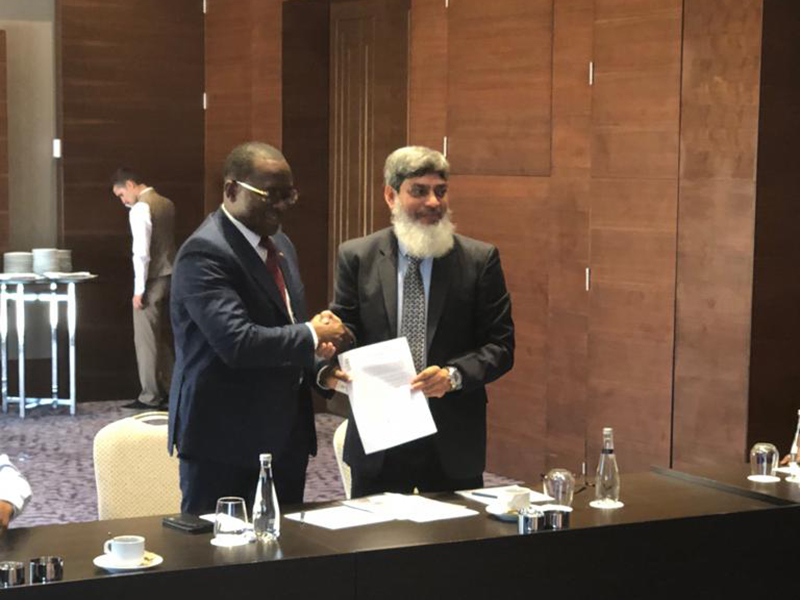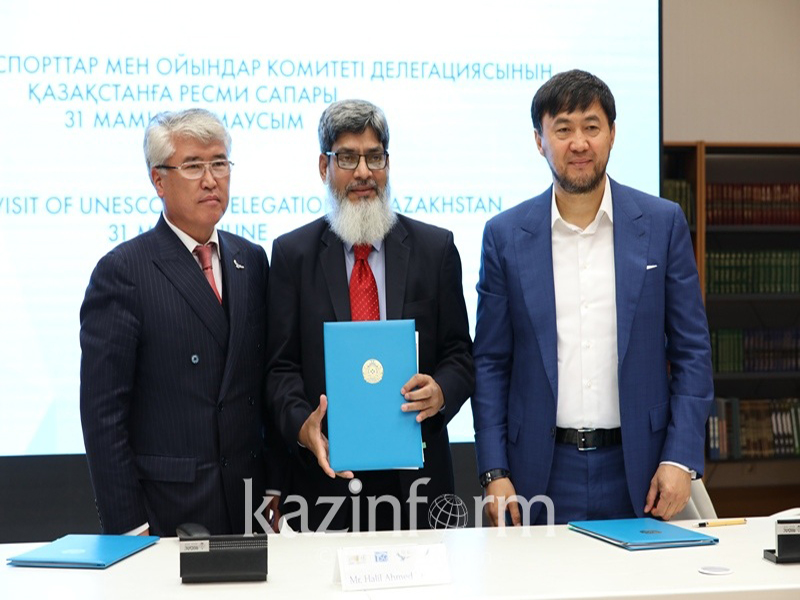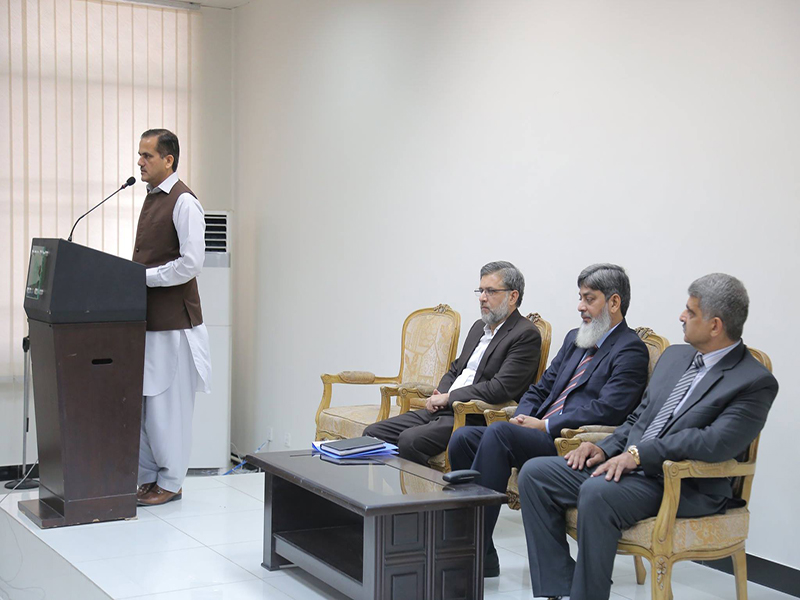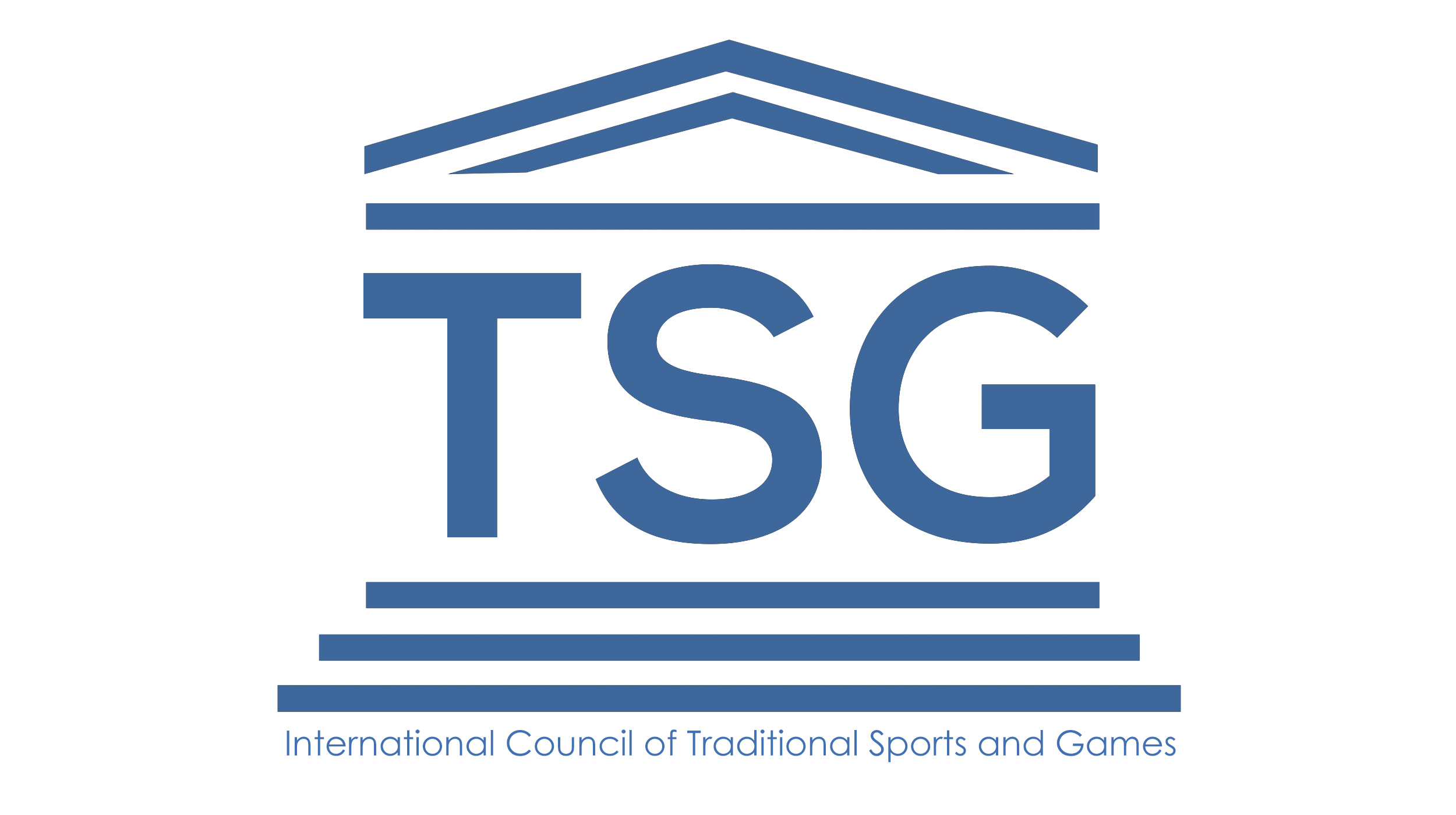The International Council of Traditional Sports and Games is committed to promote gender equality and women empowerment through traditional sports and games.
ISTANBUL: During the 4th UNESCO Collective Consultation on TSG 2018, experts and professors presented the need and importance of empowering women through these sports.
Professors Soraia Chung Saura and Ana Cristina Zimmermann from the University of Sao Paulo, Brazil gave a presentation on the topic which highlighted that through TSG, communities reinforced their own ways of living as well as their ancestry, heritage and resistance. They said it is possible to empower women through TSG - if an ethical debate in a collective construction is considered and if we learn from practices on TSG that teach everyone to play together. They further explained that some actions could be taken to ensure gender equality including increasing research on TSG and gender and improving the presence of TSG in public policies etc.
Professor Jerono P. Rotich from the North Carolina State University USA also addressed the participants on the topic. She shared her own story as to how TSG had played a significant role in shaping her life and reflected on how we encourage women and youth to participate in physical activity and exercise and sports because of its benefits on health. She acknowledged that have a tendency of doing things on our own; however, to do things together as a team, great things can be achieved.
President of the Federacion Mexicana de Juegos y Deportes Autoctonos y Tradicionales, Mexico Ms Ana Claudia Collado Garcia was also one of the speakers on the topic. She introduced herself as a woman engaged in the safeguarding and promotion of traditional games in Mexico and explained TSG is closely linked with culture and consists of games that were born more than 3000 years ago.Ms Garcia stated that the first step was to identify the knowledge that has been passing through generations. She shared the example of women working with her Association in Mexico in which out of a 100 in at least 20 activities women act as the main protagonists.
